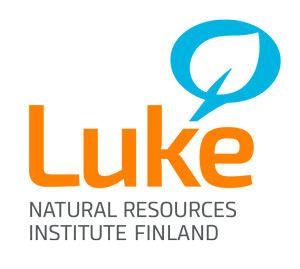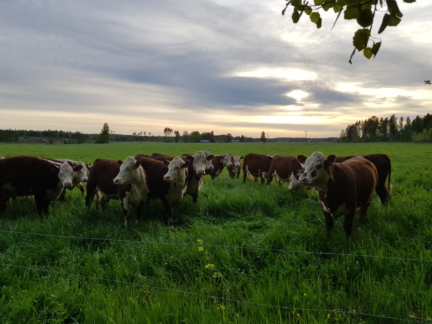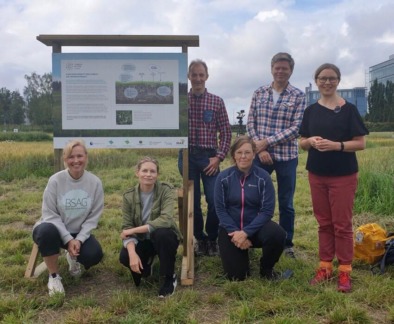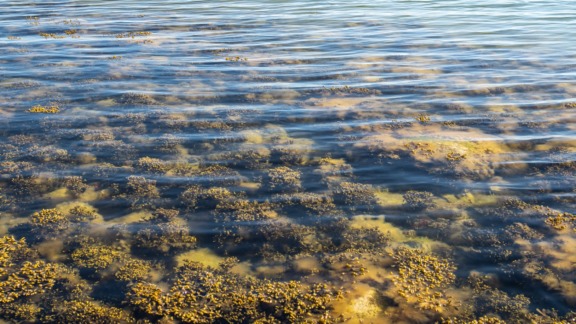SuMaNu visited Vierelä Farm in Vihti, Finland, where better crops are obtained with recycled nutrients.
SuMaNu
Regenerative Agriculture
Nutrient recycling benefits the farmer, the Baltic Sea and the climate.
The international SuMaNu project promotes more sustainable use of manure and nutrients in agriculture, thereby reducing nutrient loads to the Baltic Sea.
Official name
Sustainable Manure and Nutrient Management for reduction of nutrient loss in the Baltic Sea Region
Duration
2018–2021
Persons in charge
Minna Sarvi, Kaj Granholm
Consortium
Coordinator: Natural Resources Institute Finland
Other partners: Baltic Sea Action Group, HELCOM, Estonian Crop Research Institute, Union Farmers Parliament, Organe Institute, Agricultural Advisory Center in Brwinow, Julius-Kühn-Institut, Research Institute of Sweden
Funder
Interreg Baltic Sea Region
Nutrient recycling as a solution for the Baltic Sea’s problems
Surplus of nutrients, in particular, phosphorus, in certain geographic regions due to increasing segregation of animal and crop production is a common problem across the Baltic Sea Region. Furthermore, mineral phosphorus reserves are a definite resource and are both subject to and driving social and political conflicts.
The SuMaNu project (Sustainable Manure and Nutrient Management for reduction of nutrient loss in the Baltic Sea Region) promotes more sustainable use of nutrients, which in the long run is an absolute cornerstone of economic and ecological food production. Participating in the project provides BSAG with the opportunity to continue its international cooperation and is also a continuation of BSAG’s successful, decade-long work in the realm of nutrient recycling.
SuMaNu, financed by Interreg, synthesizes the results from four recent projects that focused on manure and nutrients. The projects include Baltic Slurry Acidification in which BSAG participated in 2016–2019. Baltic Slurry Acidification investigated the mitigation of ammonia emissions from animal slurry using slurry acidification technologies. Manure Standards, as its name suggests, produced standardization of information on manure and digestate produced in different countries. The focus of GreenAgri was on farmers from Estonia and Latvia testing organic fertilisers and Bonus Promise researched the safety of recycled fertilisers.
The aim of SuMaNu is to analyse the results of the aforementioned projects and other agri-environmental projects in order to produce a holistic understanding of the ways in which nutrients can be used more sustainably in agriculture. SuMaNu produces summaries of best practices for farmers and policy recommendations for decision-makers in the entire Baltic Sea Region.
Natural Resources Institute Finland leads the project while BSAG is responsible for the communication. Other partners include HELCOM, Estonian Crop Research Institute, Union Farmers Parliament, Organe Institute, Agricultural Advisory Center in Brwinow, Julius-Kühn-Institut, and RISE Research Institutes of Sweden. The project began its work in October 2018 and continues until the end of March 2021. Visit the SuMaNu platform website.
Regenerative Agriculture
Watch the video
What can nutrient recycling look like at the farm level?
CONTACT
PROJECT PARTNERS



